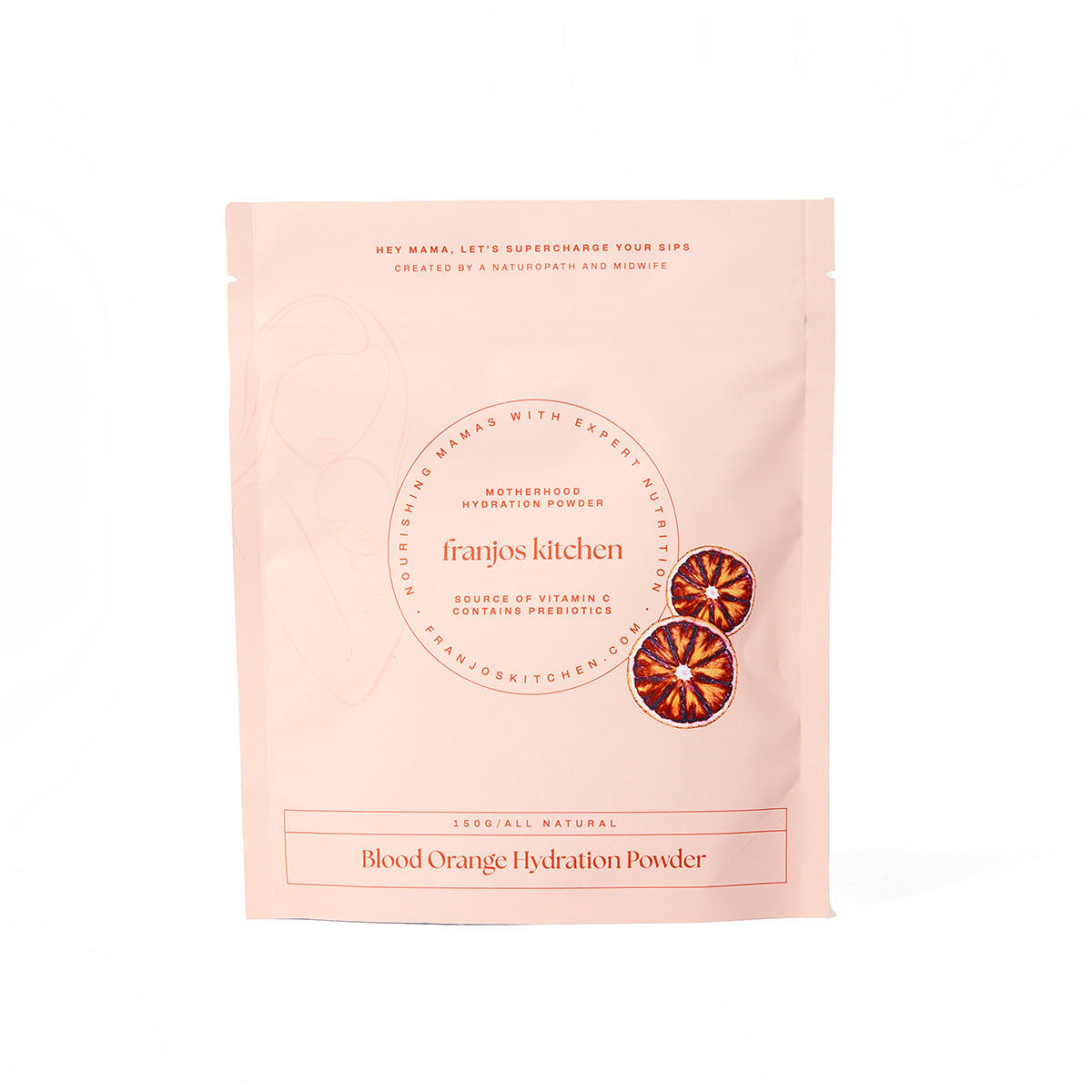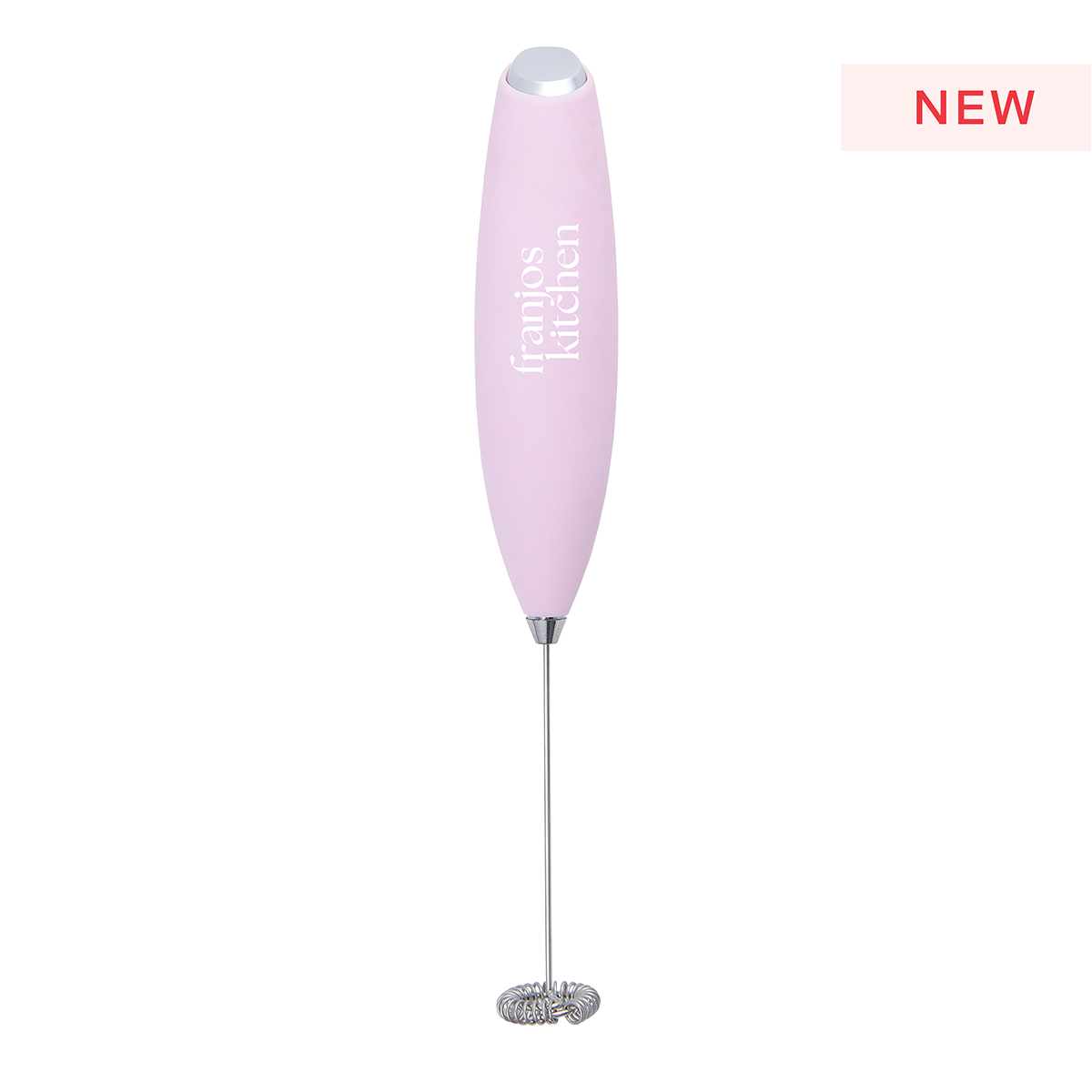Part 1: What to Expect in the First Trimester
Your body is about to undertake an incredible process of developing and growing a baby from a microscopic egg and sperm. Many changes will occur during pregnancy, some visible from the outside and some only internal. When you find out you are pregnant, you may feel a range of emotions- happiness, excitement, feeling overwhelmed and sometimes shocked.
What is the first trimester?
A full-term pregnancy is roughly 40 weeks or nine months and is divided into three segments or trimesters - 1st, 2nd and 3rd trimesters. The first trimester is classified from the first day of your last period to week 12 of pregnancy. In these first 12 weeks, an egg is fertilized, implants into your uterus, and develops into an embryo, then a fetus. This trimester is when all the development occurs, which is why preconception care is critical to prepare your body for these first three months of growing your baby.
What is happening internally during the first trimester?
Let's break down the first trimester and outline how your baby grows week by week. It all starts when you ovulate, about two weeks after a period, and an egg is released from your ovary and into a fallopian tube where it meets your partner's sperm.
Week 4: your egg is now fertilized and implants into the lining of your uterus
Week 5: you haven't got your period yet and are probably thinking about weeing on a pregnancy test. Your baby is now known as an embryo and is only 2.5mm long, but the brain, heart and spine have started to form
Week 6: after your pregnancy test is positive, you will need a blood test to confirm the pregnancy (the HCG hormone will be elevated if you are pregnant). Your baby is now 5mm long, their heart has started to beat, and arms and legs are beginning to form
Week 7: lots of development is happening now; the baby's face and mouth are beginning to form as well as hands and internal organs
Week 8: your hormones are increasing, so you can begin to feel nauseous and emotional (if you haven't already). Your baby is 1cm long, and their nose, mouth, ears and tongue are all developing. You will also have a dating scan around this time to confirm your baby's due date
Week 9: baby's umbilical cord and placenta are now developing, as well as their skeleton
Week 10: you may be getting a bigger appetite as the weeks go on. Baby is 3.5cm long now, and all their organs and joints are developed
Week 11: bub is a little bigger now, their brain and nervous system are finishing developing, and fingernails are also growing
Week 12: you have nearly made it to the second trimester! Your baby's placenta is now working, so what you eat and drink will pass through to them. Baby is also practicing breathing movements, and their kidneys are passing urine. Your GP will discuss the options of a nuchal scan or non-invasive prenatal testing (NIPT) with you that detect chromosomal abnormalities, which should be done around 12 weeks.
What are the signs or external symptoms of the first trimester?
Every pregnancy is different; every mama will experience various symptoms in the first trimester, and sometimes none. Most of the signs and symptoms in pregnancy are due to changing hormones and your growing uterus. From around week 6 you may slowly start to experience pregnancy symptoms including smell sensitivity. In the early stages of the first trimester, it is common to feel nauseated, faint and exhausted. Even though you may not notice any changes externally yet, as you can see by the week to week development above, your body is doing amazing things internally, developing and growing your baby. Make sure you rest and listen to your body when you are tired or not feeling well. By around week 7 your breasts may get tender as they become larger and the areola begins to darken. As you are growing a baby, sometimes your gut gets sluggish and you may experience constipation. Ensure to keep hydrated and have a high fibre diet with lots of fruit and vegetables to avoid this.
As mentioned above, your pregnancy hormones will be high around week 8; this is when you can feel more sick and teary or emotional. These are very common signs in the first trimester; try to accept as much support as you can from your partner and take a day off work if you need to. If you are experiencing hyperemesis or severe nausea and vomiting, this can affect your mental health so make sure you reach out to your healthcare provider or GP. Around this gestation, you may find you start to urinate more often; this is due to your uterus putting pressure on your bladder as it gets larger, as well as those pregnancy hormones. You may also experience food cravings or food aversions in the first trimester. By week 10-12, your nausea should settle and you might get hungry as the weeks go on, try to eat healthy food regularly throughout the day and maintain 30 minutes of light exercise. In saying this, some mamas will continue to experience nausea and vomiting into the second and third trimesters; every pregnancy is so different.
Remember to stay healthy for your baby during pregnancy, especially in the first trimester when the majority of bubs development occurs. Quick points to remember:
- No amount of alcohol is safe while pregnant
- Quit smoking as soon as possible, and avoid being around smoke and environmental toxins, especially after week 12 when your baby’s placenta is functioning
- Eat a nutritious diet to help meet your baby’s nutritional requirements
- Continue taking supplements, including folic acid, as it is challenging to get all nutrients needed from your diet alone
- If you take any other medications, make sure you check with your GP to ensure they are safe during pregnancy
- Check with your GP if your vaccinations are up to date; influenza and whooping cough are recommended in pregnancy
- Get support from your partner, friends and family as you need and throughout your pregnancy. Join a mothers group or pregnancy yoga class for support. Also ask your GP for recommended support services in the community in case you need them
- By 8-10 weeks pregnant, after you have had your dating scan, you will have more regular appointments with your GP and now is an excellent time to choose the model of care you want for your pregnancy so your GP can refer you to a hospital, midwife or OB.
Our Motherhood Hydration Powder and our Belly Bump cookies are the perfect addition to your first trimester helping to nourish you, while settling your tummy.
This is general advice only and should not replace the need for medical advice.
Image @kayla_itsines



